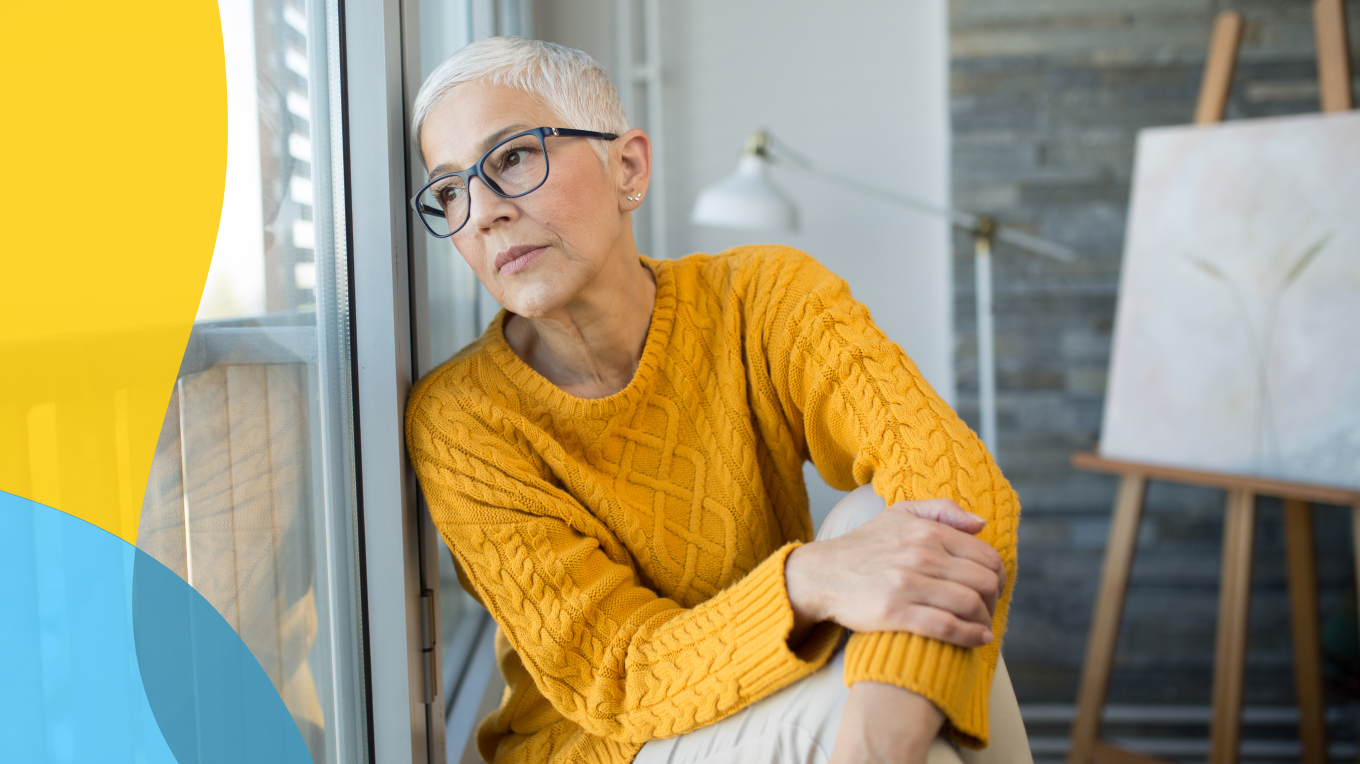
Allowing for Hope and Fear
Hope and fear are two very real emotions when you are coping with cancer. It may be helpful to appreciate that they can coexist throughout your experience with cancer.
How often have you feared something would happen rather than hoping it wouldn’t? Hope and fear may be two faces of the same primal emotion much like happy and sad, but while you may be familiar with feeling both happy and sad simultaneously, the coexistence of hope and fear may feel new. What you feel depends on your perspective, and it is possible to hold both at once and to vacillate between. Consider the following commonalities of hope and fear:
Both are motivators, one towards something and one away from something
Both are felt when an event has either positive or negative outcomes that are impactful or meaningful to you
Both are felt where meaningful consequences require your action, yet where much of the outcome is beyond your control
During your cancer treatment, you may feel anxious, angry, sad, frustrated, and other emotions. These emotions are part of being human. There are many myths about emotions in our larger society including:
There is a right and a wrong way to feel
Letting others see my feelings means I am weak
Painful emotions should be ignored
Emotions are an important form of communication both to us and to others. In the face of a health issue, it can be very hard to suppress our emotions nor is that the best way to deal with them. Emotions motivate us, help us act when needed, and often help us overcome obstacles in the cancer experience.
Understanding that Hope and Fear Can Coexist
As humans we can get trapped in “all or nothing” thinking – I am either hopeful or hopeless/fearful or brave. However, humans have the capacity to experience numerous complex emotions at the same time. Allowing - and even welcoming - this range of emotions offers a more positive experience versus struggling against feeling “negative” emotions.
It can be especially hard when our caregiver or loved one feels a different emotion than we do. Often patients coping with cancer deny emotions because they are worried about how someone else will feel. They want to protect someone they love from their fears. It can be helpful for patients and their caregivers to discuss the complexity of emotions and the concept that emotions are most productive if we let ourselves feel and express them. It is also common for people coping with cancer and their partners to experience different sides of the same coin – one may be fearful while the other hopes. Talking about this common phenomenon can help with mutual understanding.
Accept Fear
Acceptance of being afraid is a process – often coming and going – but there are skills that can help you to move forward in life while carrying what you fear. Accepting fears does not mean giving up hope. Gaining skills in acceptance can reduce the amount of emotional suffering you experience when coping with cancer.
Buddhist teachings tell us that pain is a human experience. We all have emotions and experience fears. Suffering is when fear is accompanied by not being able to accept the thoughts and problems we are facing. Instead of judging, withdrawing, or suppressing an emotion, try embracing it – accepting it as part of being a full human being. You are not your emotion. You can notice it and decide what action – if any – you want to take. Emotion passes, coming and going like waves.
Cultivate Hope
We have the power to support the complexity of our emotions. When we are in a situation and feeling fear, we visualize an image or situation that gives us hope. Our images can coexist. We can feel fear and hope. We can see images of hope to help us bear fears.
Hope is a common – and important – word when it comes to thinking about the outcomes of cancer treatment. However, hope is also something that can be found in details and in moments and changes over time. It can give us purpose.
Hope involves both having a short- or long-term goal and actively thinking about how you can reach that goal. Cultivate hopefulness every day. Beginning each morning with a sense of hope can help you recognize and move toward those hopes.
Allow All Emotions
Tara Brach, psychologist, and author of Radical Compassion, has developed the simple acronym RAIN for allowing for emotions. It is an easy-to-remember tool for practicing mindfulness and compassion using the following four steps:
Recognize what is happening
Allow the experience to be there, just as it is
Investigate with interest and care
Nurture with self-compassion
Get Support
Managing the emotions of hope and fear can be difficult to do on your own. If you are feeling that these emotions are overwhelming your daily life, consider booking a session with an Iris mental health clinician for added support in coping with this common cancer-specific issue.
This article meets Iris standards for medical accuracy. It has been fact-checked by the Iris Clinical Editorial Board, our team of oncology experts who ensure that the content is evidence based and up to date. The Iris Clinical Editorial Board includes board-certified oncologists and pharmacists, psychologists, advanced practice providers, licensed clinical social workers, oncology-certified nurses, and dietitians.
Copyright © 2026 OncoHealth. All rights reserved. All materials on these pages are the property of OncoHealth. The information and other content on this website are for information purposes only. If you have any questions about your diagnosis or treatment, please seek the advice of your physician or other qualified health care provider(s).
